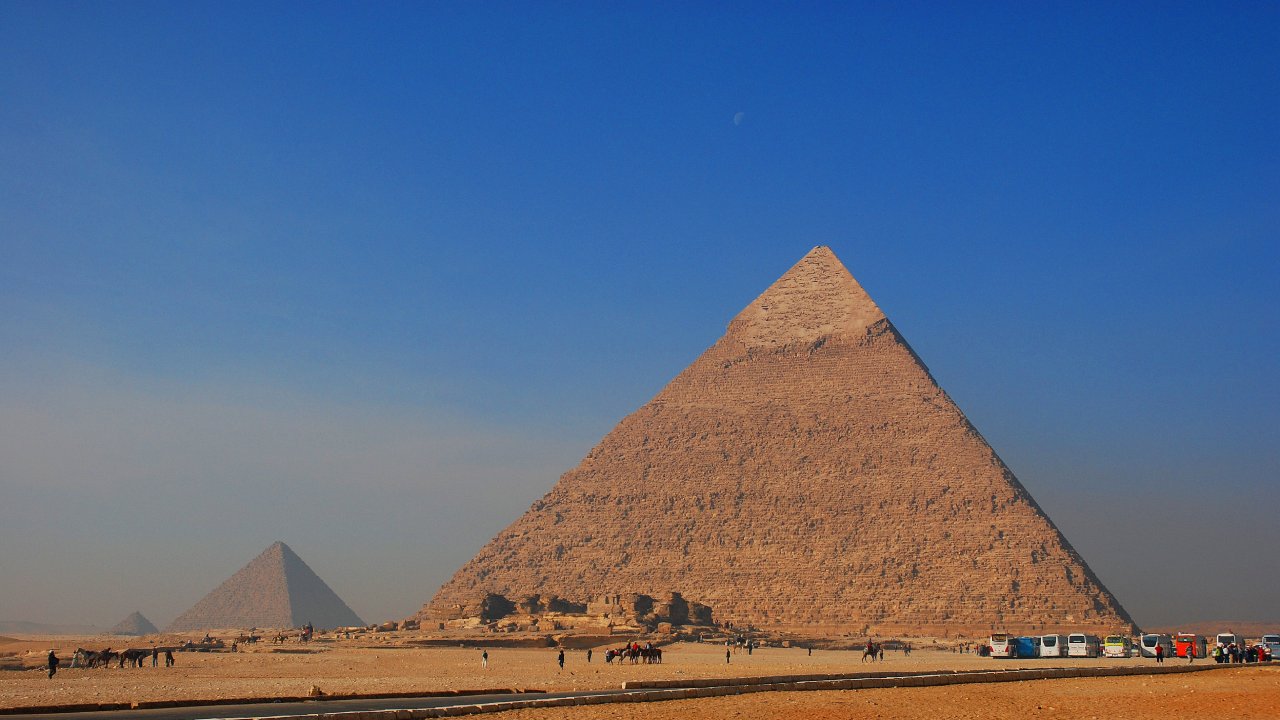
The African continent stands like no other as a synonym for colonial crimes committed by European states against the indigenous population, quite apart from the political and economic impact of colonial rule on societies. The colonization of peoples was achieved either by force of arms, large-scale massacres or cultural hegemony. Millions of people were brought to Europe and America as slaves by the colonial powers.
In the course of decolonization, more and more African peoples succeeded in freeing themselves from the ruling colonial power. This happened either by mutual agreement or through armed struggle against colonial rule. During the 132 years of French colonial rule in Algeria, several million Muslims died, with at least one million Algerians perishing during the liberation struggle (1954-1962).
Contact us
Birol Mınık
Head of Africa
b.minik@mezalim.org
Technical articles in English and German
The question as to whether a genocide took place in nineteenth-century Algeria has always been viewed with suspicion by western scholars. By contrast, it has tended to be accepted as a given in many Algerian accounts of the past, expressed both in conversation and in published works. This divergence has arguably been grounded in the manner in which the prevailing means of framing and defining genocide has varied wildly between these two literatures. Curiously, Algerian texts, even when they are ‘popular’ rather than ‘academic,’ lie closer to the spirit and terms of reference of the scholarly field of Genocide Studies, whereas academic works in the Anglophone and Francophone traditions have tended to operate from remarkably unscholarly and emotive starting points (generally so as to claim that the term ‘genocide’ should not be applied to the Algerian case).
by Professor William Gallois , University of Exeter
